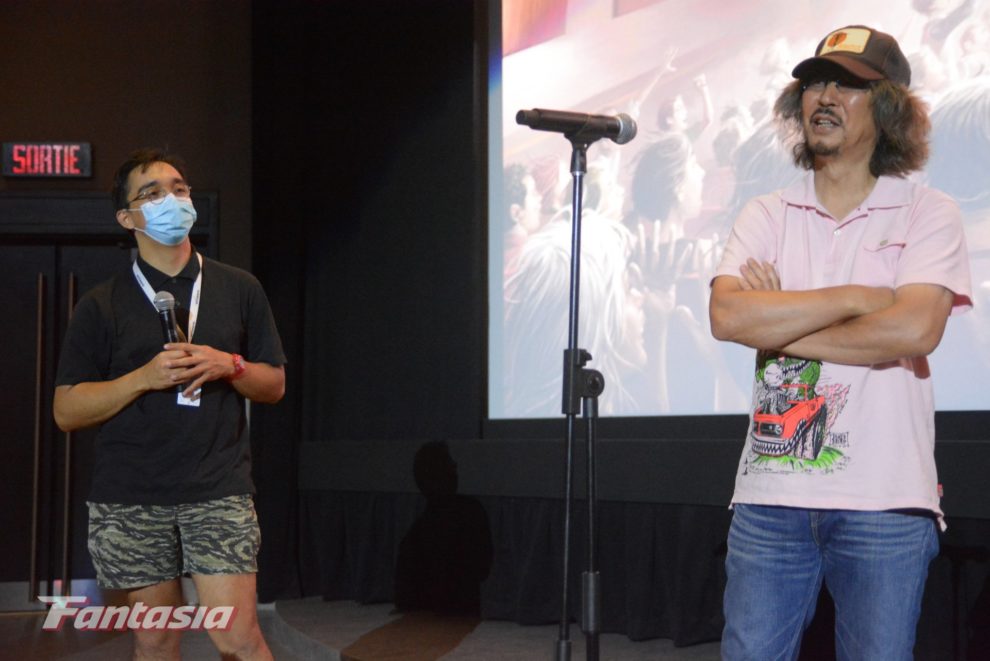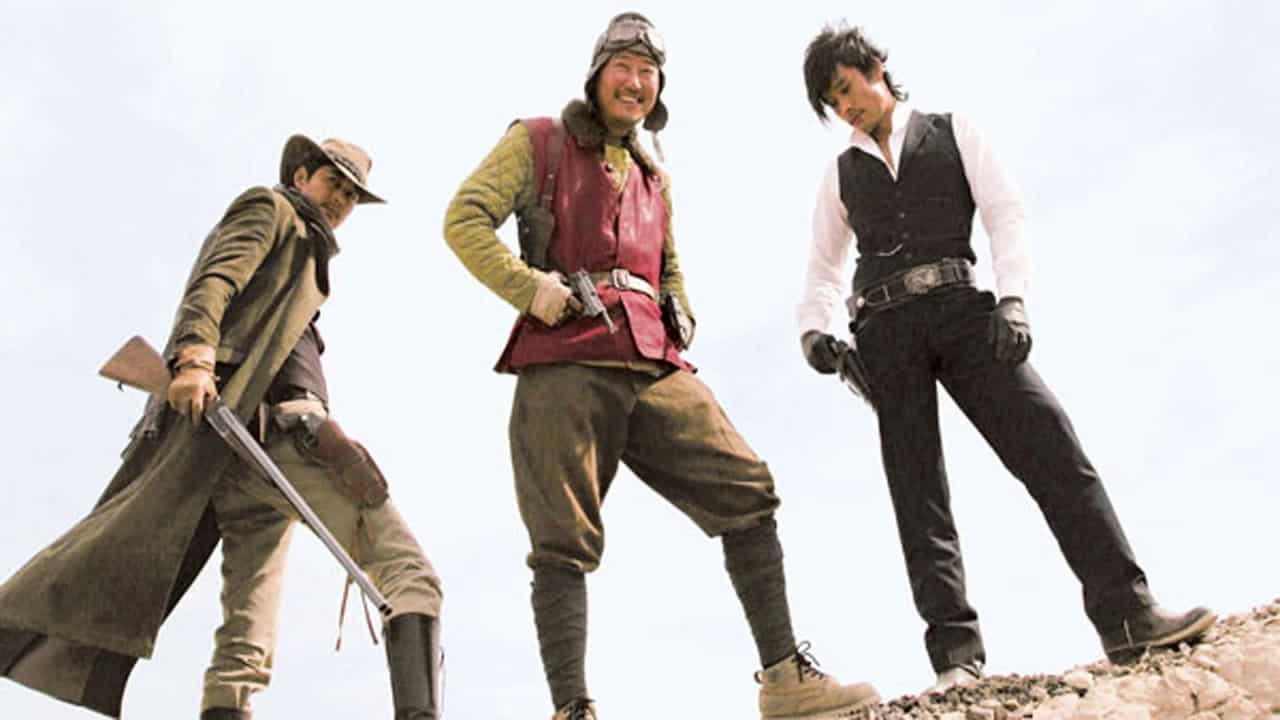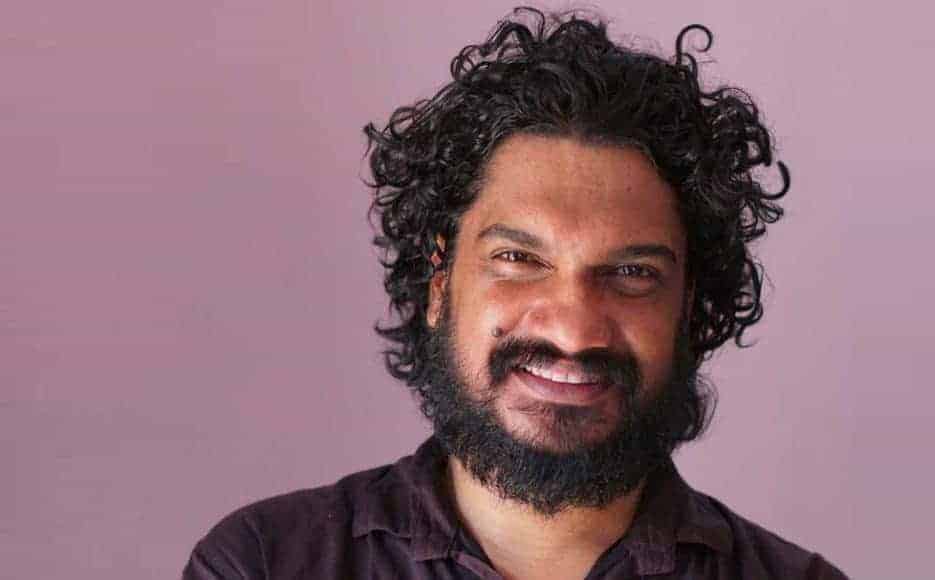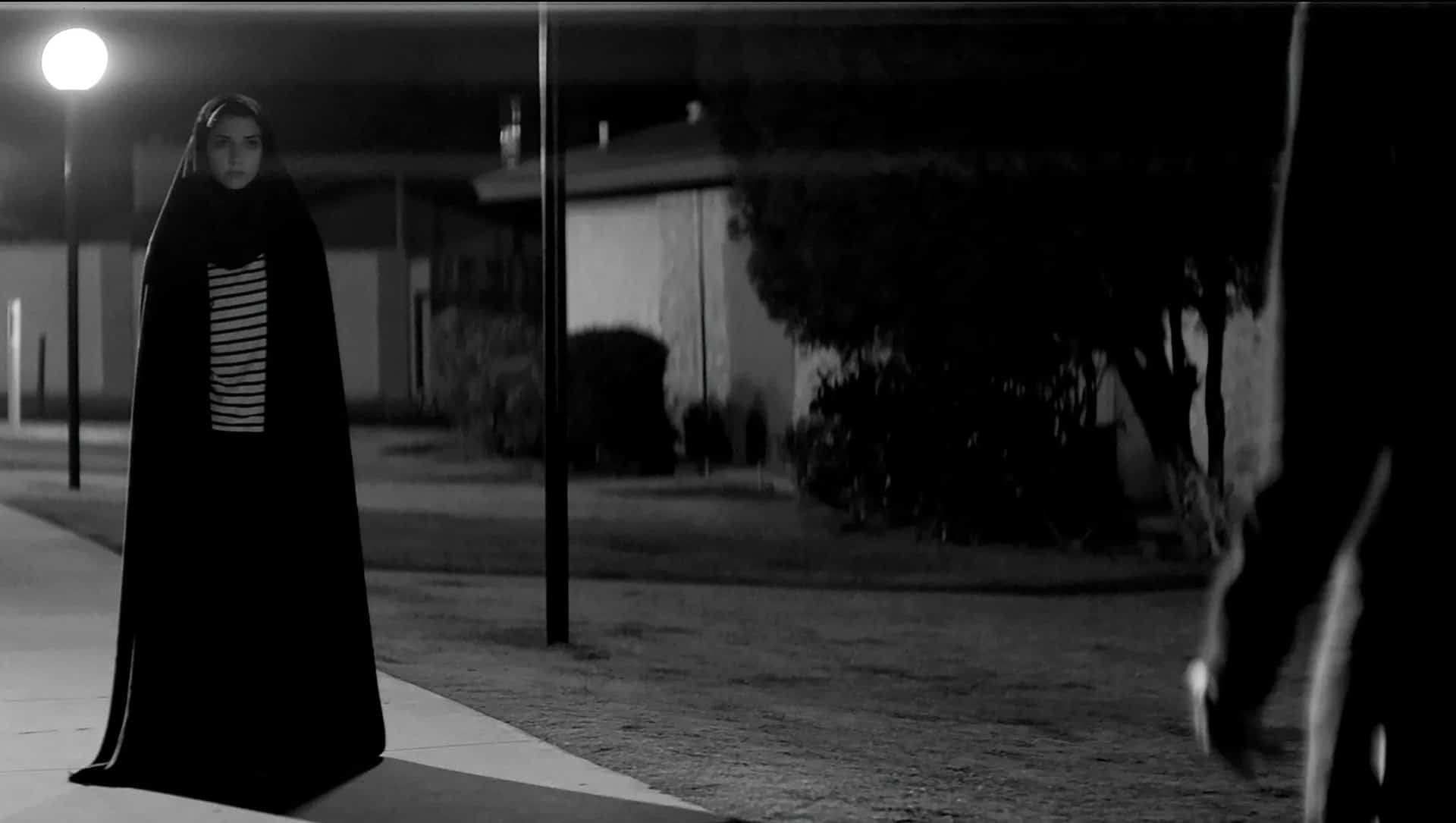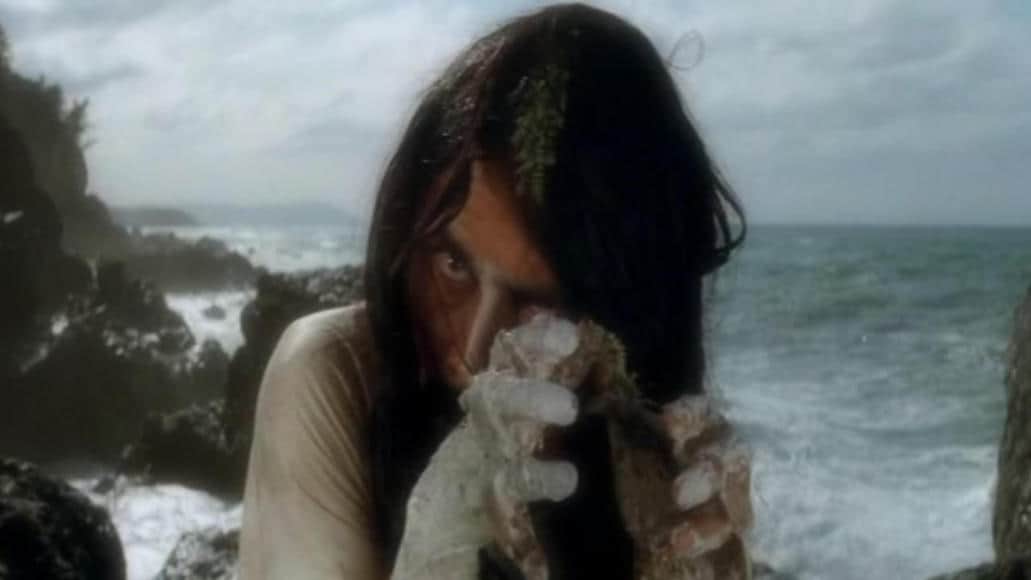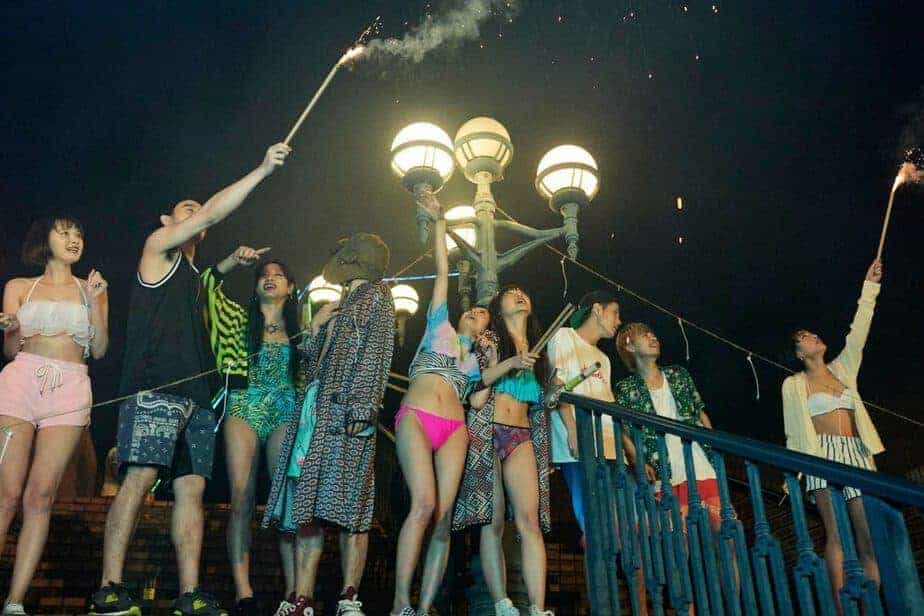Satoshi Miki started out as a writer for hit TV variety shows, some of which are legendary in Japan. He then began directing stage plays and further expanded into TV dramas and films. His directing style has its good and urbane sense of humor, in which seemingly unnecessary episodes and dialogues are developed and interwoven into a story, incidentally making them indispensable parts of the story. His first film “In the Pool” ('05) and his second feature “Turtles Are Surprisingly Fast Swimmers” were consecutively released theatrically in the year 2005. Two of his movies were also released in 2022, “What to Do With The Dead Kaiju” and his collaboration with Mark Schilling, “Convenience Story”.
On the occasion of both screening at Fantasia, we talk to him about the appeal of kaiju movies, Japanese politicians, the casting of the two movies, cooperating with Mark Schilling, the Japanese movie industry, and other topics.
“What to Do With The Dead Kaiju” and “Convenience Story” screened on Fantasia International Film Festival

Why do you feel that people still like to watch movies about kaiju?
Usually in these movies, you see people fighting the monsters, but in my movie, you see what happens after the monster has been defeated and that is why I think people were interested in my movie.
“What to Do with the Dead Kaiju?” shows that Japanese politicians only care about themselves and their careers. Is that your actual opinion about them?
When I started doing the movie, it was actually just after the Fukushima disaster and more recently we had the Covid crisis. When I watched them on TV at the time, and I do kind of apologize, but I really got a stupid vibe, like they are not even trying. Are Greek politicians the same way?
Yes. (laughter) I think most politicians are the same way more or less.
The movie includes a love triangle between Arata, Yukino and Masahiko. Why did you choose to include such an aspect in a kaiju movie?
I thought that it would be more interesting and I was just reading The Great Gatsby recently which is what inspired me to bring it into my script.
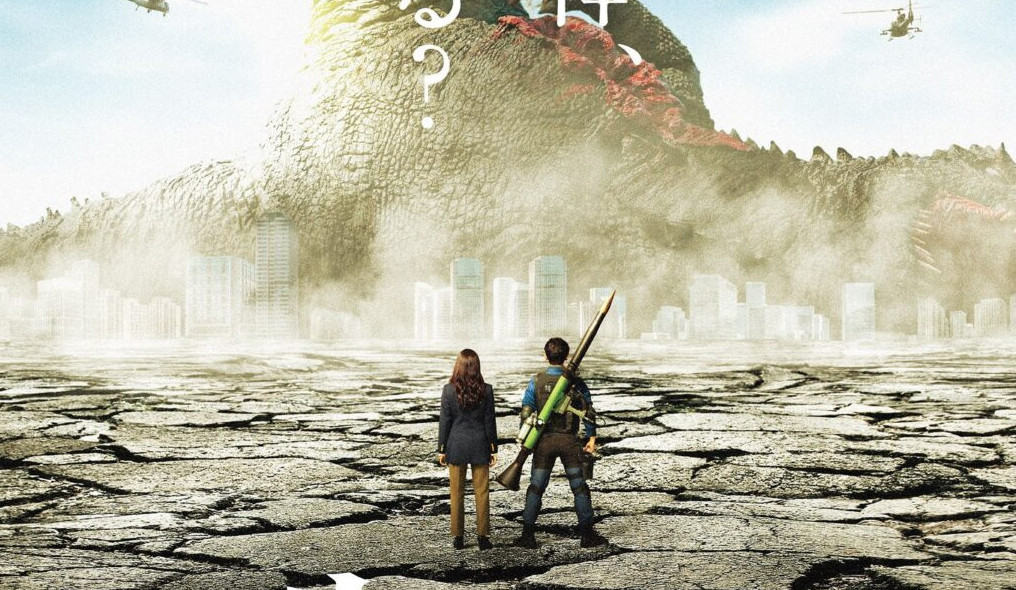
Can you tell us a bit more about the casting of Ryosuke Yamada in the movie?
The first reason I chose Ryosuke Yamada is because he does not have a particularly strong or macho image and in this movie he is faced with a terrible situation, and we like this type of association in Japan. For example, if you had a truly easy situation and you had Bruce Willis deal with it, you would get a similar vibe wouldn't you? (laughter)
“What to Do with the Dead Kaiju?” and “Convenience Store” are quite different movies in terms of size and production and style in general. Was it difficult to transition from one to the other?
Both of them share the same base, they are both comedies and it is just the expression of comedy that is different. There was no difficulty, no confusion on my side. I shot them separately, and as you know, tokusatsu movies have both comedy and drama, which is what makes them very enjoyable and I feel the same applies to “Convenience Store”. To me, it is the same, there is not that much difference between them.
Can you tell us a bit about your collaboration with Mark Schilling regarding the script of “Convenience Store”?
As you know, Mark Schilling is an American, and he has a truly unique perspective on Japanese convenience stores which the Japanese people cannot see. When we look at it, we do not see the same strangeness he does, and that is what we tried to incorporate in the movie.
Is Ryo Narita's character in the film, Kato, inspired by people from the industry you actually know?
He is similar to me in some ways, I also write scripts, so I wanted to show a few of the hardships that come with the job through him.
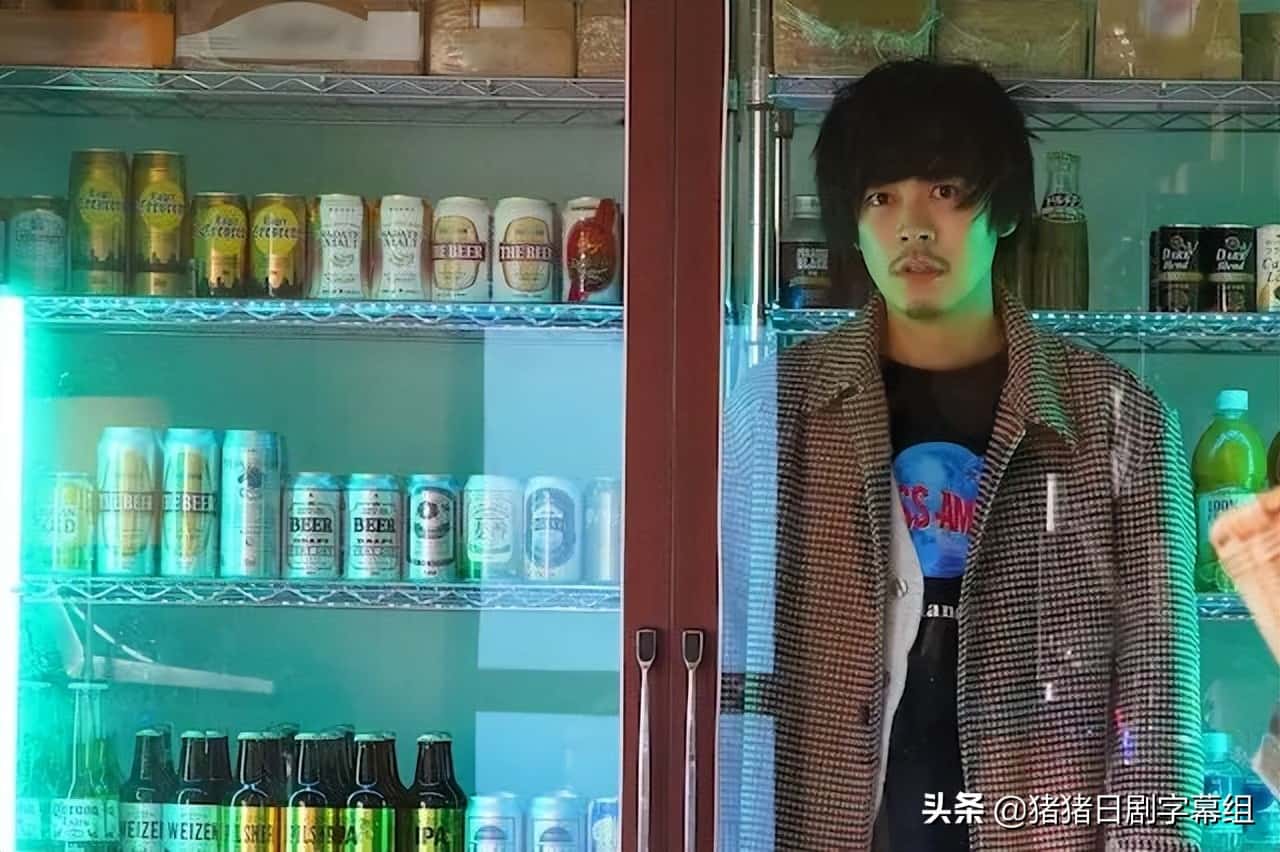
What was your purpose in the visual aspect of the movie?
I wanted it to have an old-movie visual style and I was particularly inspired by the noir films of the 50s. For example, in the first scene, we see something that could have been shot 60 years ago.
Do you think comedy is the ideal medium for making social comments in cinema?
Yes. If you don't make comedies in all seriousness, they are not funny at all. What I really like about comedies is the things you take with you after you watch the movie.
Did you ever want to shoot a genuine drama?
Of course, that is my goal from the very beginning, to make a very dramatic movie.
Can you give us some details about the casting of Convenience Story?
At first I was looking for someone who could be in a slice-of-life kind of movie, in an ordinary situation. And about Atsuko Maeda, I picked her because I wanted someone that the viewer would wonder about them, if they are dead or alive. And Atsuko Maeda is an idol and she has this attitude that she could be dead and you wouldn't know. Since you are Greek, you will understand that I wanted someone who would have a Hades kind of feel.
To go back a bit, since “Instant Swamp” is one of my most beloved Japanese movies, can you tell us where that crazy idea for a film came from?
When I was young, in order to build buildings, we often had to fill up swamps. Sometimes, when we did, there were huge fish that would come out. This is where the idea came from (laughter).
What is your opinion about the Japanese movie industry at the moment?
I am pretty sure most ordinary people go to see ordinary movies and get ordinary feelings like being moved for example. Therefore, all these ordinary movies make a lot of money and I think because of these ordinary movies, I am able to make such weird movies.
But what is usually the audience's reaction to your movies?
It is half love and half hate, and that is something that makes me the most happy.
Are you working on any projects at the moment?
I do not. But when I get a new weird inspiration, I will shoot another movie. Maybe if Greek people start saying good things about my movies, I will be able to shoot a new one (laughter)


